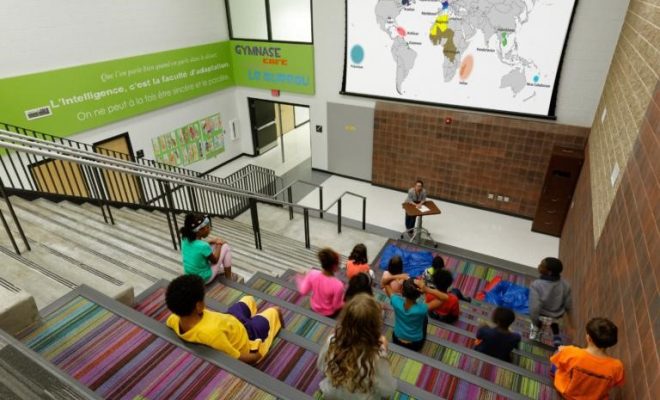How Education Reform Taught Teachers to Cheat

In the sea of bureaucracy in the educational system, reform has consistently served as a point of contention for politicians and educators across the board. Reform seems to be a breeding ground for dishonest practices, specifically in the form of cheating. Standardized testing is at the center of the vices of the educational system, as voiced by novice teachers. Testing can be considered a double-edged sword where the numbers are used to simultaneously measure the educational system’s performance and force it into turmoil.
Prince George’s County, Maryland
J. Brian Charles breaks down the cheating epidemic down the most succinctly in his overview of what occurred in Prince George’s County, Maryland. In 2010, under the tutelage of newly elected county executive Rushern Baker, the once suffering district of Prince George’s County began to turn itself around, and in a big way. Test scores, enrollment, and graduation rates shot up. Prince George’s County seemed to be improving. However, upon further investigation a few years later, it was found that Baker had methodically rigged the system.
Grades were adjusted past due dates. Student absence policies were not being followed by some schools, which allowed graduates to receive their diplomas despite outstanding absences. Graduation rates and scores from proficiency tests in reading and math did not add up and cheating on a large scale was the culprit.
Participation in the fraud trickled down all the way to school administrators, guidance counselors, and teachers. Teachers reported how it became a numbers game in their schools, stating they were punished if they did not pass students. School funding reportedly started filling administrator pockets through increases in their pay. But Prince George’s County wasn’t the only one to be found cheating. Districts were being brought to court, most notably in those of Washington D.C., Brooklyn, and Atlanta.
Why Cheat?
How did cheating become so widespread and normalized in our schools? Through “applied anxiety.” “Applied anxiety” is the idea that in order to appease parents, politicians, and policymakers, testing scores had to be high or show a trend of improvement in order to prove that the district was doing its job. For the past two decades numbers have been used to assess the educational system, its principals, administrators, and teachers. Standardized testing has brought unfair critique and judgment on these groups.
This numbers game meant that educators’ jobs hinged on whether or not they were determined to be scoring effectively. Money, unsurprisingly, is another motivator for cheating. In the past, policies such as the No Child Left Behind Act, has used an increase in wages to motivate principals to demonstrate upheaval and improvement in their school. If students did not show improvement, funding would be lessened or taken away completely. Numbers and ranking systems are meant to illustrate to students, parents, and the community the quality of the school in their neighborhood. Principals, in particular, are the ones at risk in this case, as these numbers can determine whether or not their contracts can be renewed, leading them to pressure their schools to paint a prettier picture.
No Child Left Behind created competition between schools, with scores being publicized and struggling schools being shoved into the spotlight. In order to compete, it seems, you have to cheat.
What Now?
Currently, there are no staff or agencies focused on identifying, investigating, and eradicating cheating in our schools. Schools have to take it upon themselves to be diligent about spotting cheating. However, it has become systemic, with those at the top making choices to dismiss faulty or questionable data. Unless the culture surrounding scores changes, unfortunately, cheating is sure to continue.





